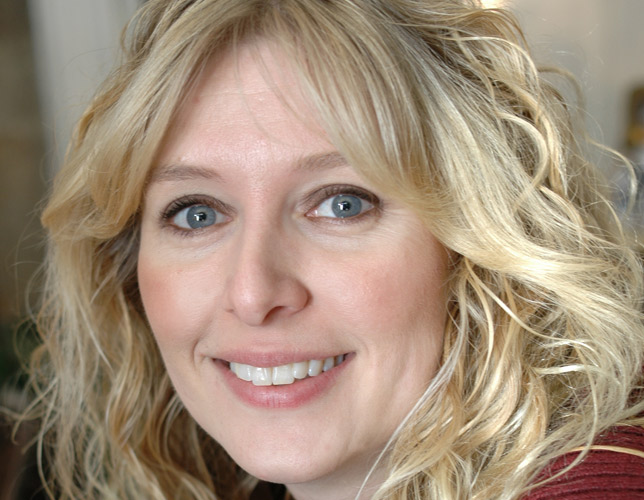In 2007, I was a hopeful adoptive parent, and like so many, I was trying to make my way through the journey of being matched with an expectant mother.
I was completely focused on my life and my quest. I never worried about anyone else. I didn’t know that was the case at the time, but as the years have passed, I’ve come to realize how naive and uninformed I was.
I have since tried to learn as much as I could and during that process, I slowly began to hear the voices of adoption. About two years ago, my perspective shifted as I began meeting foster parents, adoptees, and birth parents.
As a peer professional, I have the privilege of being invited to many adoption related events, and recently I was lucky enough to attend an adoptee panel discussion.

As I sat and watched a panel of adult adoptees, foster parents, and birth parents open up, I was surprised at how much I took away from it️.
Even after 11 years of supporting adoptive and foster families, I realized I still had a lot to learn. I listened as everyone took a turn telling their very personal stories.
I heard phrases that I won’t ever forget: “adoption is rooted in loss”, “go in with truth”, “it’s gonna come out”, “trauma”, “I had a hard time finding myself.”
The concept of adoption being rooted in trauma was difficult for me to wrap my head around. I came from the school of thought that once my child was placed with me, we would live happily ever after.
The panel allowed me to take a step back and I began to realize that when an infant is separated from their biological mother, he/she will inevitably experience a sense of loss at some point in their lives.
I wiped away tears while listening to adoptees discuss topics like sense of self, blame, regret, fear, unanswered questions and triggers.
I began to have an internal struggle knowing that I don’t have an open adoption and how that may be devastating for my son. He is going to have a lot of questions one day and I don’t have all the answers.
So what happens when an adoptive parent doesn’t have the option of an open adoption? I am dealing with that myself. I can’t go back in time and change what has been done, but I can take what I am learning and make better decisions now for my child’s future.
Recently, my son has been asking questions about his infant and toddler years, and I saw the direct effects on him based on the way I answered.
I found that being developmentally appropriate when answering is very important. For example: I know some adoptive parents have explained to their children that “someone else carried them in their tummy and couldn’t take care of them so they chose us”.
It sounds like an acceptable explanation before you hear adoptees speak on the matter. For a small child, that simple statement could be interpreted as “I wasn’t wanted”, “she gave me away”, or “you stole me”. It can be a slippery slope!
Years ago, I thought not having an open adoption was going to be a good thing. What did I know? I wasn’t given the option of open or closed. I didn’t even know to ask.
I have come to realize that, in the beginning, my journey was all about me. I never thought about how the process was going to affect to the one person I try to protect every day–my son.
I never worried about the impact of adoption on him or how it could affect his future. Open adoption can be complicated, but it gives the child the opportunity to know where they came from and their true story.
I always tell my son the truth when he asks me questions. However, I am careful about explaining his story to him since he is so young.
I look at it like this: I am a 47 year old woman who runs a support group for adults trying to navigate the journey of adoption, and I have spent the past 11 years learning more and more.
So if I am still learning, how can I expect a little boy to be able to comprehend the complexities of adoption?
When I look back I wish I had been educated on the effects of open vs. closed adoption for my son’s sake. One day things may change for my family, but for now I will tell him the truth, support his pain, and love him through his journey.
I went to bed that night of the panel with one thought that the birth parent said when speaking about his son … “It always comes back to what’s best for him.”
Chemene is an adoptive parent of a 7 1/2-year-old boy adopted January 2010 and a biological son born April 2014. Over the last 15 years her journey has taken her through IVF and loss to adoption and family. She now spends her time as a full-time mom and an adoption/foster care support group leader for those waiting and those who have found their forever families.
Do you have an adoption story to share? Email us any time or find out more about how to share it with our community.
Help us remove the stigma surrounding open adoption. Like us on Facebook.
